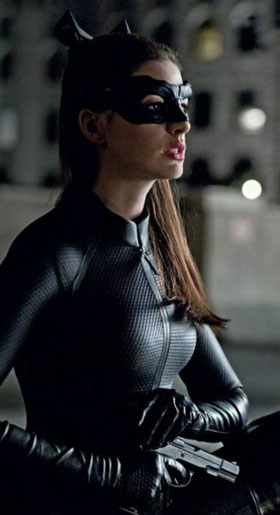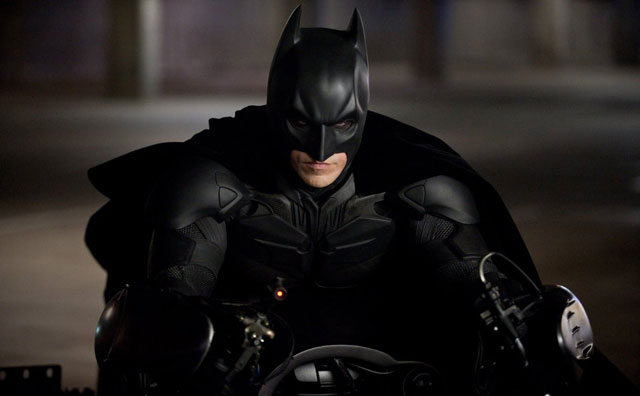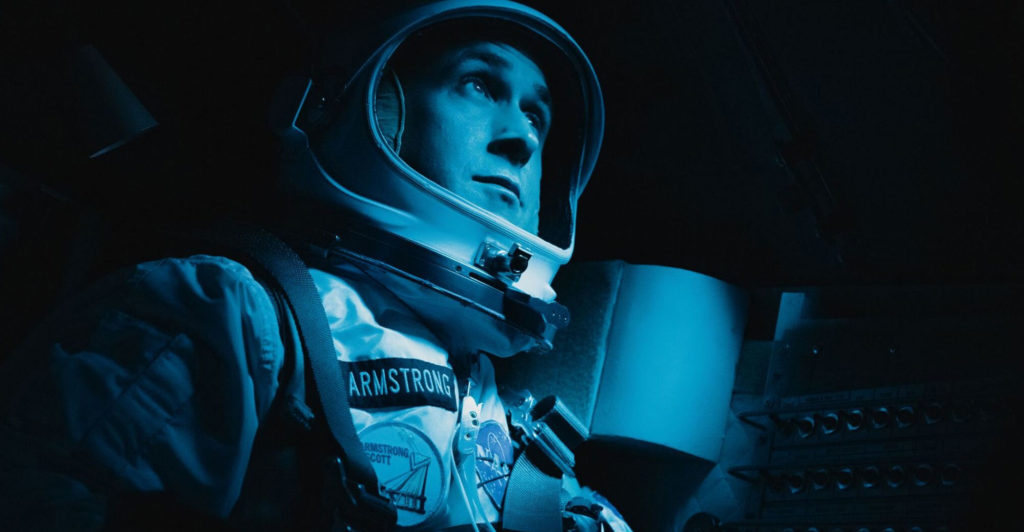Few films leave me as conflicted as The Dark Knight Rises, the ambitious but maddeningly inconsistent conclusion to the trilogy director Christopher Nolan started with Batman Begins. It’s a film that as often amplifies Nolan’s weaknesses as a storyteller as it showcases his intelligence and his technical virtuosity.
Coming after The Dark Knight and Inception cemented Nolan’s reputation as one of the smarter blockbuster directors in Hollywood, The Dark Knight Rises disappoints nearly as often as it thrills. The film picks up eight years after The Dark Knight, which saw Batman vanquish The Joker but take the rap for the murder of Gotham’s district attorney.
With his Batman alter ego effectively exiled and organised crime in Gotham defeated, billionaire Bruce Wayne withdraws from public life. Here, Christian Bale delivers one of his most powerful performances in the trilogy as a hollowed-out man unable to make peace with his losses and sacrifices.
But Wayne is forced to bring Batman out of retirement when cat burglar Selina Kyle (played by Anne Hathaway) breaks into his mansion and unwittingly helps to set a chain of catastrophes in motion. Soon, a hulking, masked terrorist called Bane (Tom Hardy) arrives on the scene and unleashes mere anarchy on Gotham City.
The Dark Knight Rises is a Nolan film through and through, so there is much to enjoy and admire during its running time of nearly three hours. One of the few big-budget filmmakers with the backbone to resist studio pressure to film in 3D, Nolan knows how to use a big screen canvass for dazzling action sequences.

His set pieces are exhilarating, helped along by his artful use of old school techniques such as stunts and models in favour of overblown CGI. There are many cool comic book moments in The Dark Knight Rises, starting with a daring escape from a plummeting aeroplane in the film’s opening scene.
Nolan also does a great job of raising the emotional stakes in the film, pushing Bale’s Batman to the limits of his endurance. The menacing, granite-like Bane is more than a match for the Caped Crusader, both in terms of conviction and physical prowess. Batman goes through the wringer and it feels like his fight matters.
Nolan isn’t afraid of big themes, which is refreshing for a multiplex film. In terms of structure, Rises is a mirror to Batman Begins. There’s a remarkable symmetry between the opening and closing acts of the trilogy, with the three films together serving as stirring myth making for the comic book character. At its heart, the trilogy isn’t just about 9/11 paranoia, but is also an exploration of how myths are created and what they mean.
But on the downside, flaws that are also present in earlier Nolan films feel particularly glaring in Rises. As always, the plotting is dense and convoluted, but this time many elements fall apart under close scrutiny. There must be a director’s cut incoming — the editing and continuity feel sloppy at times for a filmmaker of Nolan’s calibre.
Nolan is often a bit offhand in how he treats his supporting characters. Many in Rises feel like little more than mouthpieces for exposition or simple plot devices. Catwoman — one of the great antiheroes in the DC Comics canon — is reduced to a shapely deus ex machina with a sexy purr. Joseph Gordon-Levitt’s Batman-worshipping rookie cop may as well wear a sign around his neck that says “I symbolise youthful idealism”.
Gary Oldman as Batman’s police detective ally is sidelined after playing such a pivotal role in The Dark Knight while Michael Caine as Bruce Wayne’s faithful butler gets only a couple of scenes of choked sobbing. Morgan Freeman’s wry Lucius Fox gets some of the best lines in the film, however.
The Dark Knight Rises isn’t as tonally assured as The Dark Knight. There are moments where the seriousness with which Nolan treats his pulpy material makes the film feel a little too po-faced for its own good. Some of the dialogue is as portentous as the insistent foghorn “Paaarrrp!” of Hans Zimmer’s score for Inception.

Rises has drawn criticism from left and right alike in the US for its politics. Nolan tells Rolling Stone in an interview: “We throw a lot of things against the wall to see if it sticks.” I believe him. The film’s politics are too muddled to be a conscious attempt at allegory. Yet would any filmmaker taking a crack shot at Occupy Wall Street populism admit as much?
The Dark Knight Rises is a great Batman movie, and a good but not great movie overall. It’s not nearly as good as The Dark Knight, which did for comic book films what Heat did for heist movies and The Godfather for mob films. Despite its many flaws, there is enough of what made Nolan’s Batman vision so compelling in the first place to satisfy most fans. Yet there is also a lingering sense that Rises could have been so much more. — (c) 2012 NewsCentral Media




